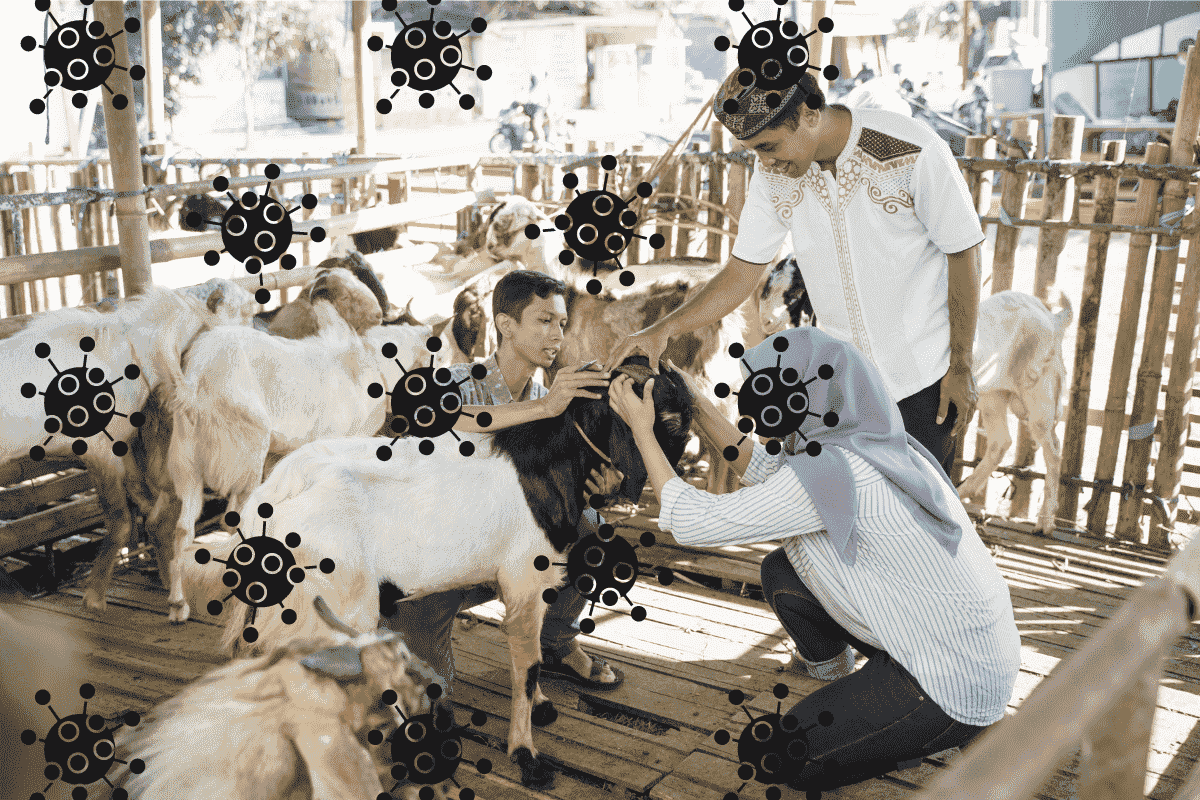Subtotal ₨ 0
In Pakistan, the festival of Eid ul Adha is a time of joy and celebration, with families coming together to share delicious meals and exchange gifts. However, the increase in food consumption during this festive period also brings with it a higher risk of foodborne diseases due to poor food hygiene practices. As a result, it is essential to be aware of the potential food toxicity risks during Eid ul Adha and take necessary precautions to prevent the spread of foodborne illnesses.
Dr. Wasif Iqbal: Best Child Specialist in Faisalabad with Online Video Consultation
Dr. Wasif Iqbal is a renowned child specialist in Faisalabad, known for his expertise in pediatric care and commitment to ensuring the health and well-being of children. With online video consultation services, Dr. Iqbal provides convenient and accessible healthcare to families in need, offering valuable advice and guidance on dealing with common childhood illnesses, including those related to food toxicity.
During Eid ul Adha, Dr. Wasif Iqbal emphasizes the importance of following proper food safety protocols to avoid the risk of foodborne diseases. He recommends washing hands thoroughly before and after handling food, cooking meat to the recommended internal temperature, and avoiding cross-contamination between raw and cooked foods. By following these simple yet effective measures, families can significantly reduce their risk of food toxicity during Eid ul Adha celebrations.
Understanding Food Toxicity in Pakistan
Food toxicity refers to the presence of harmful substances in food that can lead to illness or poisoning when consumed. In Pakistan, factors such as poor sanitation, inadequate refrigeration, and improper food handling practices contribute to the prevalence of foodborne diseases, especially during festivals like Eid ul Adha when the consumption of meat increases significantly.
Common foodborne illnesses in Pakistan during Eid ul Adha include salmonellosis, campylobacteriosis, and E. coli infections, which can cause symptoms such as diarrhea, vomiting, and abdominal pain. These illnesses are often the result of consuming contaminated or undercooked meat, highlighting the importance of proper food preparation and hygiene practices to prevent food toxicity.
Preventing Foodborne Diseases During Eid ul Adha
To reduce the risk of foodborne diseases during Eid ul Adha, it is crucial to take proactive steps to ensure food safety. This includes:
- Selecting Meat Carefully: Choose fresh and high-quality meat from reputable sources to minimize the risk of contamination.
- Proper Storage: Ensure meat is stored at the correct temperature and separate from other foods to prevent cross-contamination.
- Thorough Cooking: Cook meat thoroughly, especially poultry and lamb, to kill any harmful bacteria present.
Hand Hygiene: Wash hands frequently with soap and water, especially before and after handling food.
By following these simple guidelines and seeking advice from healthcare professionals like Dr. Wasif Iqbal, families can enjoy a safe and healthy Eid ul Adha celebration without the worry of food toxicity.
In conclusion, food toxicity is a significant concern in Pakistan, particularly during festivals like Eid ul Adha when food consumption is high. It is essential to be mindful of food safety practices, such as proper hand hygiene, meat selection, storage, and cooking techniques, to prevent the spread of foodborne diseases. With the guidance of experts like Dr. Wasif Iqbal and a proactive approach to food safety, families can enjoy a happy and healthy Eid ul Adha celebration.




